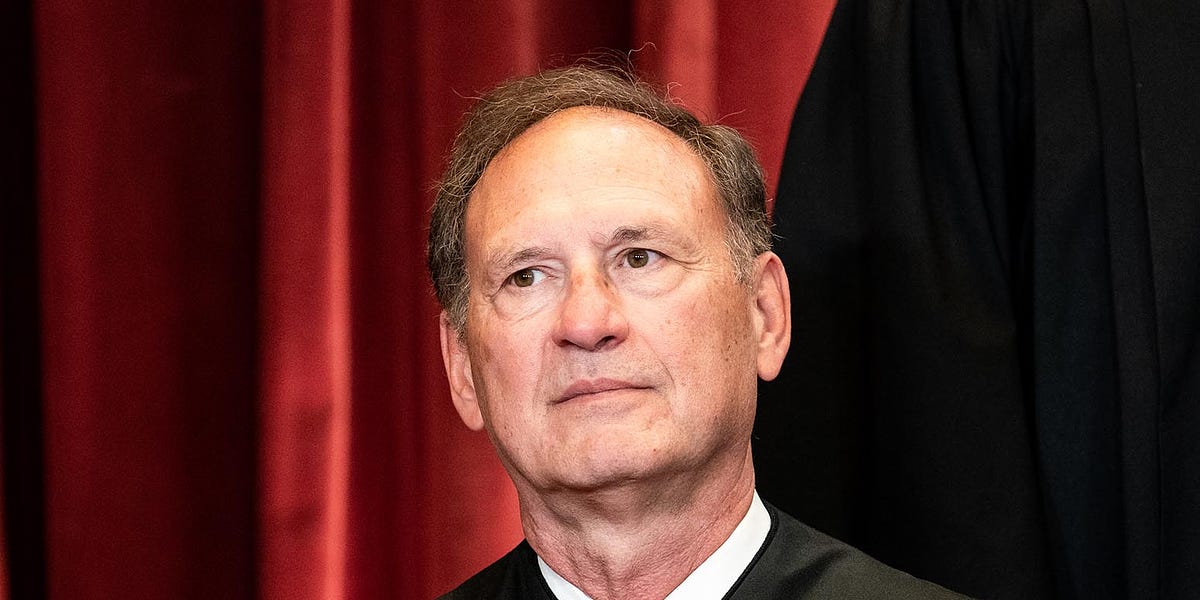C_Clayton_Jones
Diamond Member
‘Read back to back, the rulings conveyed nothing but contempt. "The Constitution makes no reference to abortion, and no such right is implicitly protected by any constitutional provision," Samuel Alito wrote for the majority in Dobbs. In Bruen, meanwhile, Clarence Thomas wrote passionately and at length about a constitutional right to "individual self-defense," which he described—quoting the court's earlier decision against Washington, D.C.'s handgun ban in District of Columbia v. Heller—as "'the central component' of the Second Amendment right.” The Constitution, of course, makes no reference to individual self-defense, and those words certainly do not appear in the amendment where Thomas described them as being the central component.’

Such hypocrisy and inconsistency are typical of conservative jurists.
The right to privacy is no more a ‘made up’ right than the individual right to possess a firearm and the right to self-defense.
Indeed, nowhere in the text of the Second Amendment will one find the words ‘individual’ or ‘self-defense.’
Whereas the Third, Fourth, Fifth, and Fourteenth Amendments clearly recognize and codify the right to privacy – the Fourth Amendment in particular.

Such hypocrisy and inconsistency are typical of conservative jurists.
The right to privacy is no more a ‘made up’ right than the individual right to possess a firearm and the right to self-defense.
Indeed, nowhere in the text of the Second Amendment will one find the words ‘individual’ or ‘self-defense.’
Whereas the Third, Fourth, Fifth, and Fourteenth Amendments clearly recognize and codify the right to privacy – the Fourth Amendment in particular.